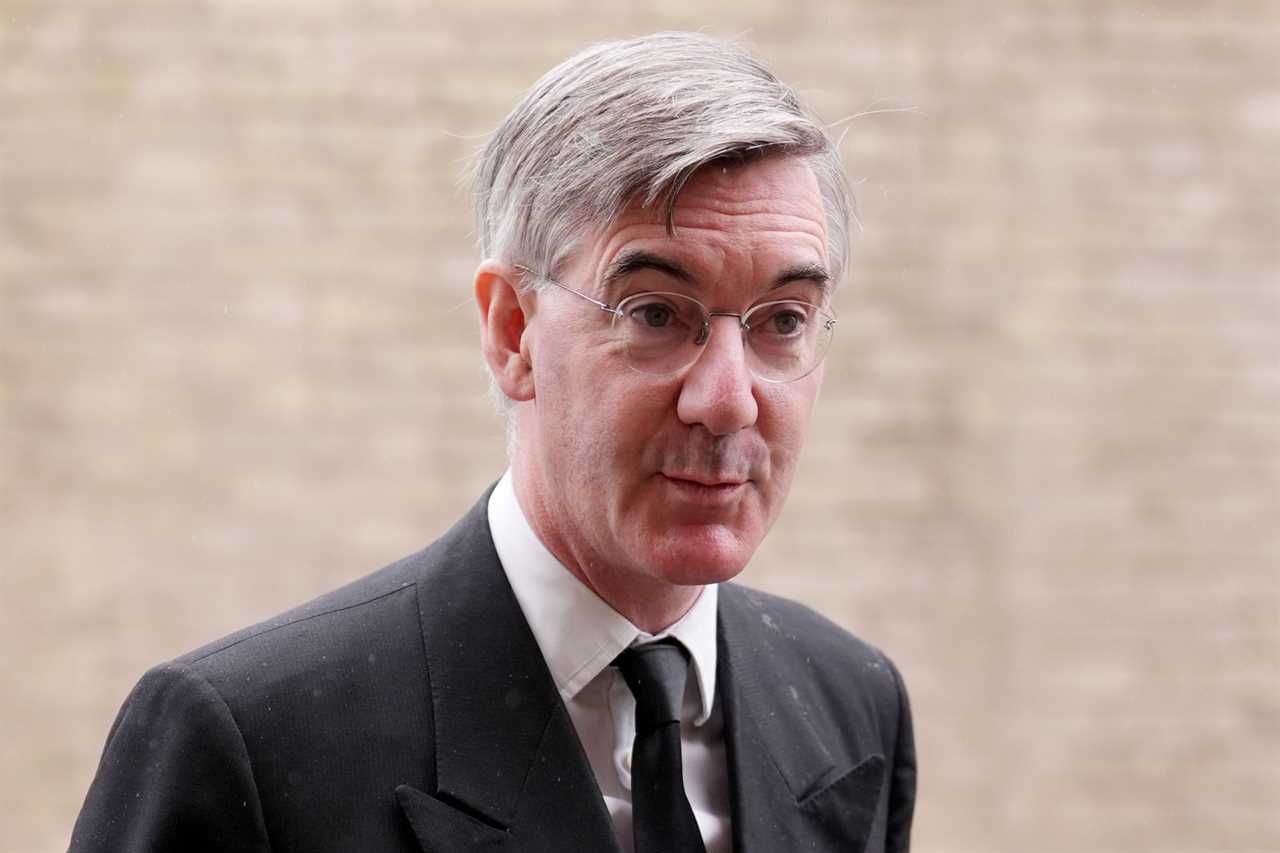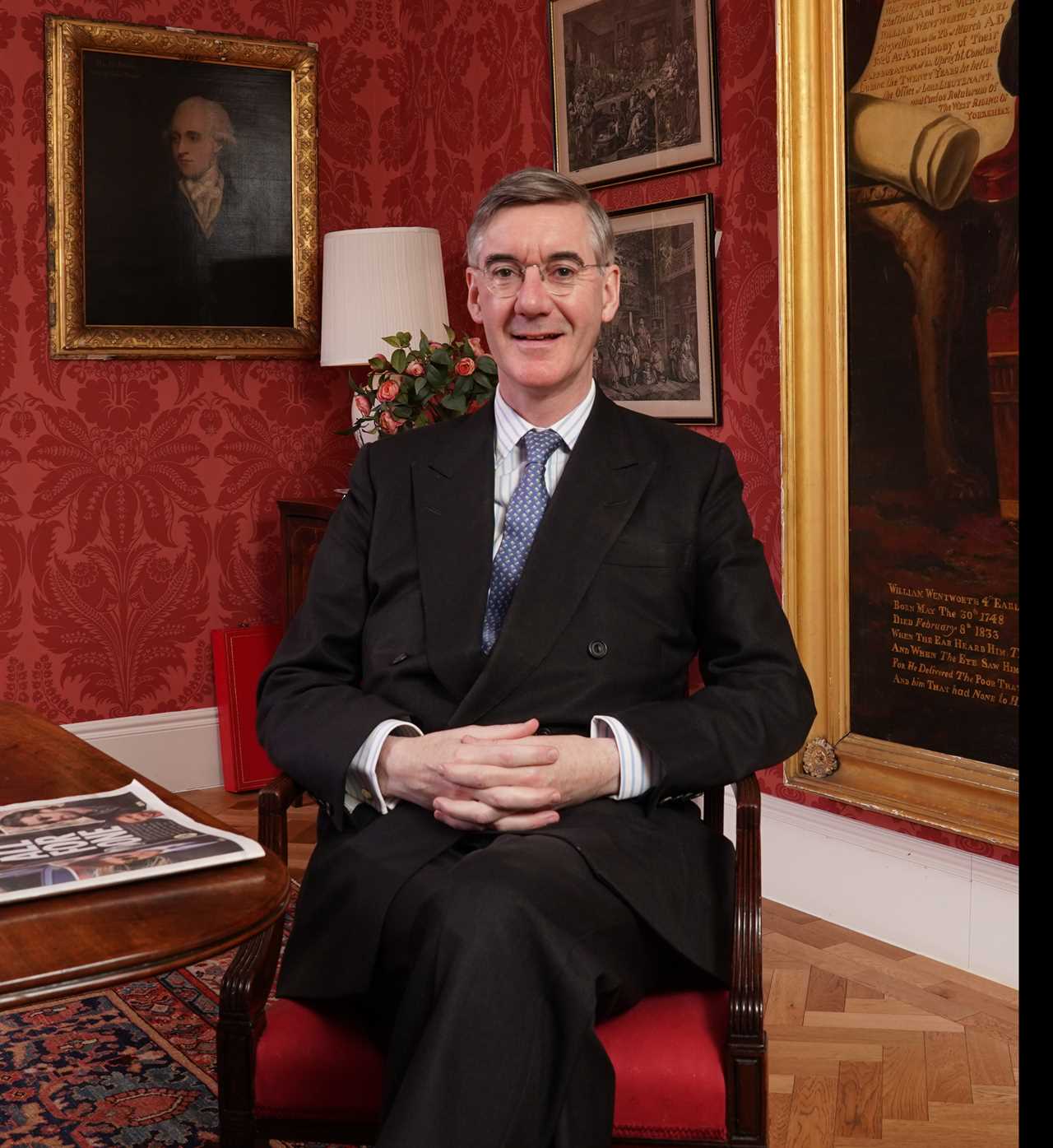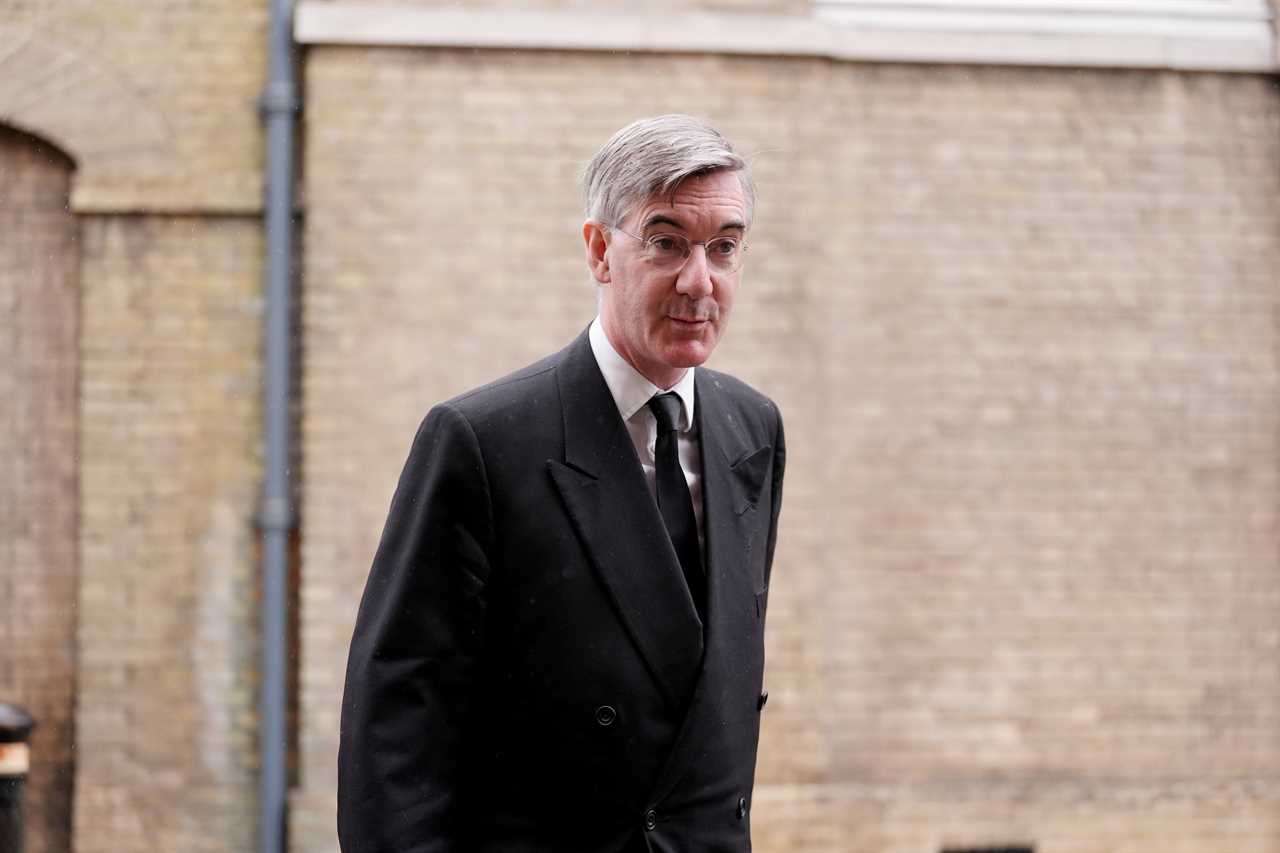
In the intricate web of British politics, the possibility of former Tory MP Jacob Rees-Mogg defecting to Nigel Farage's Reform Party looms large, sparking concerns within the Conservative ranks. Rees-Mogg, eager to reclaim a seat in Parliament after his loss in North East Somerset, has been vocal about his alignment with Farage and the idea of a Conservative-Reform election alliance to unseat Labour.
Political Alignments and Electoral Strategies:
Rees-Mogg's proximity to Farage and his advocacy for a Tory-Reform collaboration to challenge Labour's dominance signal potential shifts in the UK's political landscape. The spectre of defection raises questions about party loyalty, ideological coherence, and the evolving nature of political alliances amidst Brexit's lingering impact.
The Impact of Defection:
Should Rees-Mogg choose to defect, the Conservative Party faces a significant loss, potentially altering the balance of power within Parliament. The implications of such a move extend beyond individual loyalties to larger questions of party identity, voter allegiance, and the viability of smaller parties in a traditionally two-party system.
Quotes and insiders' insights provide glimpses into the strategic calculations and ambitions shaping this potential realignment. The interplay between personal ambitions, party dynamics, and electoral strategies underscores the fluidity and complexity of contemporary British politics.

Unpacking Potential Scenarios:
As discussions around potential Cabinet roles under a Reform Party government surface, the speculation deepens, hinting at broader implications for policy directions and governance structures. The interweaving of personal endorsements with policy proposals sheds light on the intricate dance of power dynamics and strategic positioning in the political arena.
The backdrop of recent electoral outcomes, including Rees-Mogg's defeat to Labour's Dan Norris, adds layers of intrigue to the unfolding narrative. The intersection of personal setbacks, party dynamics, and external factors such as Norris's suspension underscores the volatility and unpredictability of contemporary British politics.
Looking Ahead:
As the political landscape continues to evolve, the potential ramifications of Rees-Mogg's decision reverberate across Westminster and beyond. The delicate balance of power, ideological fault lines, and strategic manoeuvring within and between political parties underscores the need for a nuanced understanding of the ever-shifting terrain of British politics.
Amidst these uncertainties and complexities, one thing remains clear: the interplay of individual choices, party dynamics, and electoral strategies shapes the contours of British democracy, highlighting the intricate tapestry of interests and influences that define our political reality.

Did you miss our previous article...
https://trendinginthenews.com/uk-politics/the-looming-economic-challenge-frances-debt-crisis-and-britains-path-ahead






